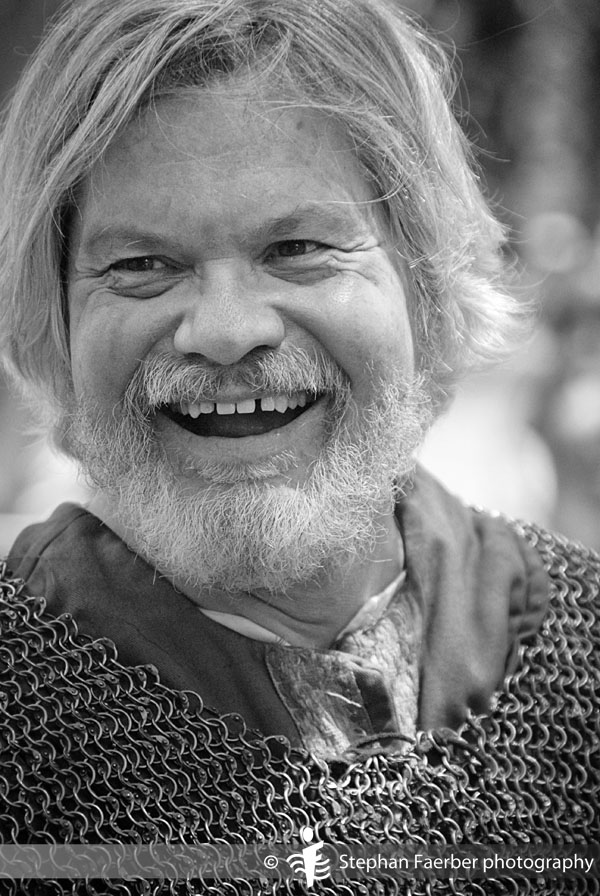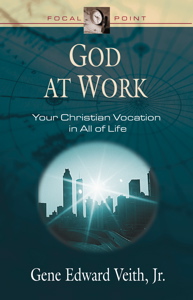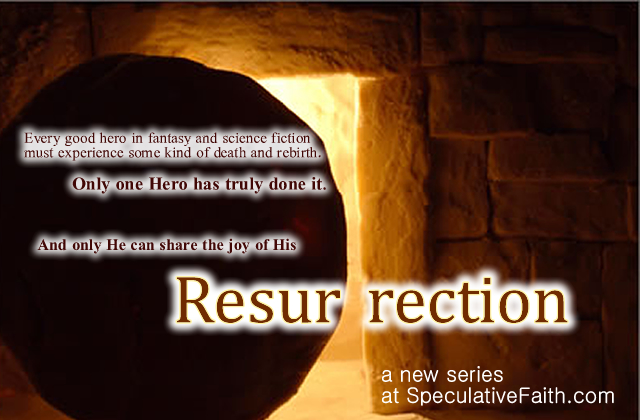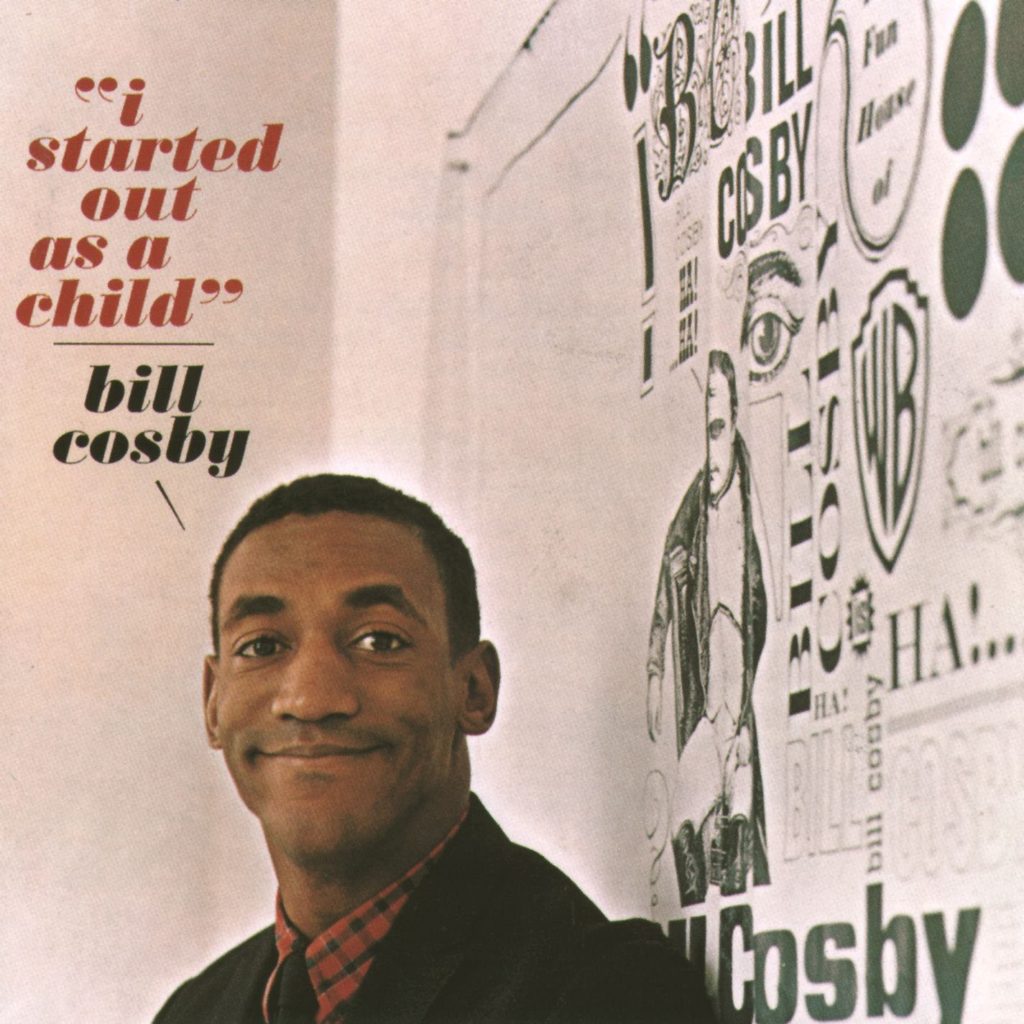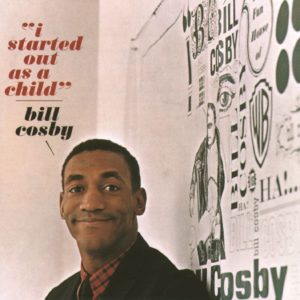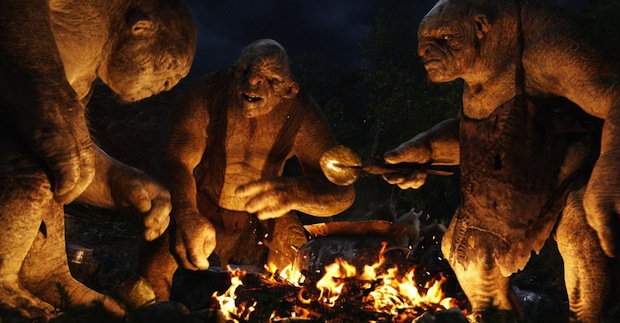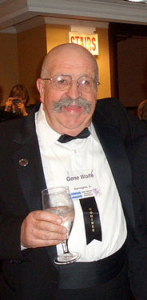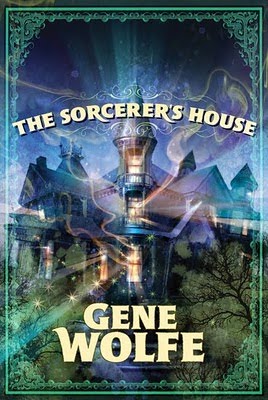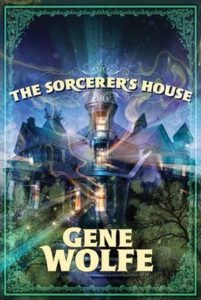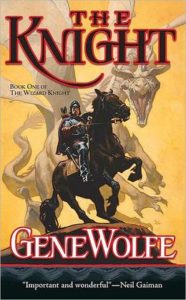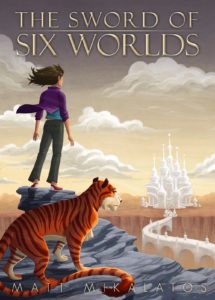Who Reads Christian Speculative Fiction?
 This past week in widely different settings I read two Christian speculative writers say that they don’t read Christian speculative fiction. This was jarring but not surprising since I know others who also don’t read Christian speculative fiction. But is it as it should be?
This past week in widely different settings I read two Christian speculative writers say that they don’t read Christian speculative fiction. This was jarring but not surprising since I know others who also don’t read Christian speculative fiction. But is it as it should be?
If Christians who love the genre so much that they are writing their own stories aren’t reading what other Christians are writing, then who is reading them?
What’s more, some of these writers give reasons for not reading Christian speculative fiction that sound a little . . . how can I say this, biased against the genre they are writing. Frankly, this confuses me.
 All my confusion somewhat exploded this weekend with a couple blog posts on the subject. In Lars Walker’s article “The Christian Fantasy”, he intimated that he left off reading Christian speculative fiction because of writers who are Tolkien or Lewis wannabees.
All my confusion somewhat exploded this weekend with a couple blog posts on the subject. In Lars Walker’s article “The Christian Fantasy”, he intimated that he left off reading Christian speculative fiction because of writers who are Tolkien or Lewis wannabees.
My mind immediately jumped to Karen Hancock’s fantasy series beginning with The Light of Eidon, Bryan Polivka’s Trophy Chase Trilogy, Andrew Peterson’s Windfeather Saga, Jonathan Rogers’ The Charlatan’s Boy. Lewis? No, not even close? Tolkien? Not an orc or hobbit or elf in a one of those other stories.
In response to Lars Walker’s article, Jeffrey Overstreet (because Lars mentioned his work) posted a response: “Why I Want to Be George R. R. Martinâs Neighbor.”
I donât write âChristian fantasy.â
I write fantasy.
While I do have some Christian readers, I donât write stories for a Christian audience, nor are my stories designed to deliver âChristian messages.â There is no reason to for my novels to be segregated from other novels, to be branded as part of some sub-genre.
The suggestion here seems to be that Christians writing Christian speculative fiction are either a) writing to a Christian audience or b) writing to deliver a message in some way that is different from what other writers intend to do in their writing.
I don’t think most Christian writers who include a conversion story in their books are doing so for a Christian audience. I have read some Christian fiction, including some in the speculative category, that address things specific to Christians, but not all, by far. In other words, as far as I’m aware, most Christian speculative writers are not writing exclusively to a Christian audience.
Are they writing to deliver a message in some way that is different from, say, the writers of Avatar or from Phillip Pullman in His Dark Materials? Or different from J. K. Rowling in her Harry Potter books? I suggest that those writers also intended to deliver a message, as do most storytellers.
In some instances writers explore issues (such as Rowling did about death in Harry Potter), and in others they intentionally set out with what they want to say firmly in mind (as did Pullman). In either case, the story is the vehicle, a grand parable, if you will, a show illustrating their thoughts.
Are Christians supposed to operate in some other way? Are we alone to have nothing intentional guide our work? Is meaning to seep unconsciously from us into our story? I tend to believe there are some writers who would say, yes, that’s it exactly. Consequently, if a theme begins to surface, the story is inferior.
I will say, there’s a line between showing a theme and telling a theme, and some writers are still learning the difference. Some are refining their ability to show what they believe and what they want to communicate. But quality fiction says something meaningful.
Writing instructor Donald Maass in his most recent book, Writing 21st Century Fiction, said this:
Ducking the big questions is easy. So is achieving low impact . . . Do we teach in schools âtruthsâ that are untrue? Does the accumulation of capital do good or does it corrupt? What are the limits of friendship? Should loyalty last beyond the grave? We read fiction not just for entertainment but for answers to those questions. So answer them (pp 169-179 emphasis mine).
Are there good reasons to give up reading Christian speculative fiction?
On the contrary, I think there are reasons to read and continue reading, especially for writers. An editor once convinced me at a writers’ conference of the importance of reading in the genre we wish to write. How else can we know what’s been done and how it’s being done?
I also think it’s great to support the genre. A different editor convinced me in a comment to one of my blog posts that publishers respond to what readers are buying. If those of us who passionately love speculative fiction aren’t buying what publishers are putting out, why would we think they would want to put out more?
Yes, Christian speculative fiction has had to endure growing pains. For so long, readers complained there there just weren’t any Christian speculative novels beyond Frank Peretti. If you’ve scanned the books in the Spec Faith library, you’ll see how far the genre has come in a few short years.
Are all these great books? No more so than all the books at Barnes & Noble are great. But are there some really stellar books? You bet! It’s one reason Spec Faith is hosting the Clive Staples Award this year. Readers need a way to let others know about the truly great novels they’re reading–speculative stories with a Christian worldview. Of course that can’t happen if no one is reading them any more.
So who is reading Christian speculative fiction?


































